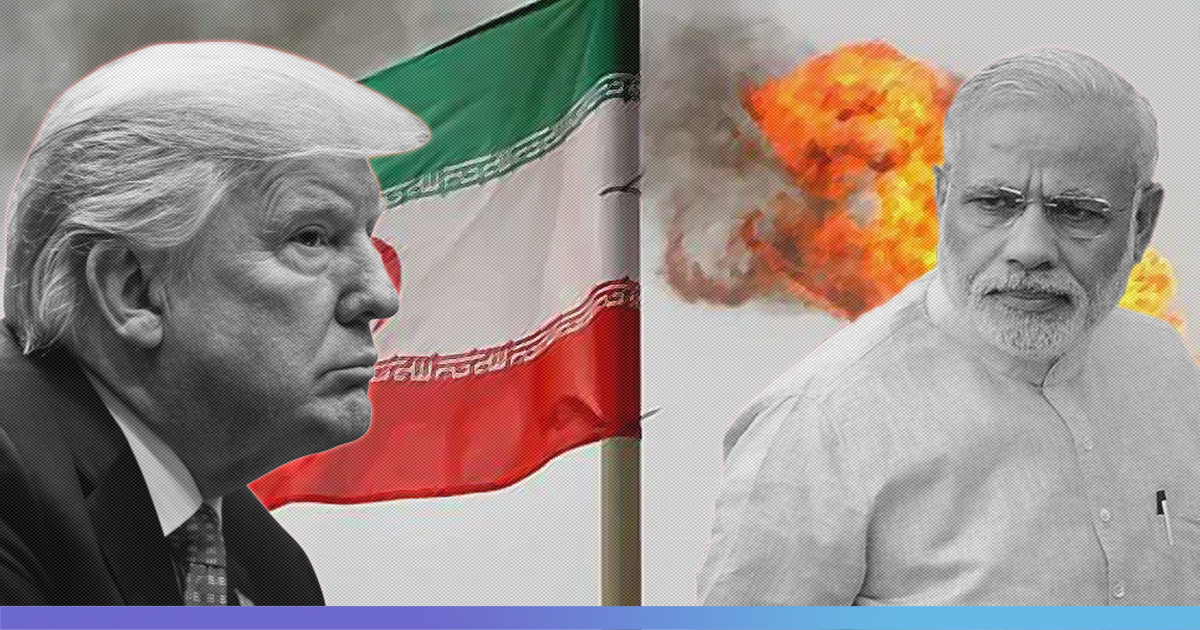U.S. Secretary of State Mike Pompeo on April 22 announced that the US will not renew sanctions exemption to Iran’s oil customers. The exemptions were reportedly granted to India and seven other countries for a 180-day period starting last November which are to expire on May 2.
US sanctions on Iran
India, China and U.S. allies Japan, South Korea and Turkey will be the most impacted by the decision. Meanwhile, other countries like Italy, Greece and Taiwan have already reduced oil imports from Iran. Pompeo via a statement released said, “We will continue to apply maximum pressure on the Iranian regime until its leaders change their destructive behaviour, respect the rights of the Iranian people, and return to the negotiating table.”
In a move that is aimed at bringing Iran’s oil exports to zero by denying the regime its principal source of revenue, US President Donald Trump has decided not to reissue Significant Reduction Exceptions (SREs) after their expiry in May.
In May last year, the US brought back sanctions on Iran after it withdrew from the Iran nuclear deal which was struck in 2015. The US had then told India and other countries to cut oil imports from the Gulf nation to zero by November 4 or be prepared to face harsh sanctions. However, the US had granted a six-month waiver to those eight countries.
India’s response
NDTV reported External Affairs Ministry spokesperson Raveesh Kumar as saying that the Indian government will work with partner nations, including with the US to find all possible solutions to protect India’s energy and economic security interests. He said, “The government has noted the announcement by the US government to discontinue the Significant Reduction Exemption to all purchasers of crude oil from Iran.”
Oil Minister Dharmendra Pradhan in a tweet said:
Govt has put in place a robust plan for adequate supply of crude oil to Indian refineries.There will be additional supplies from other major oil producing countries;Indian refineries are fully prepared to meet the national demand for petrol,diesel & other Petroleum products
— Chowkidar Dharmendra Pradhan (@dpradhanbjp) April 23, 2019
Top industry officials have been quoted by Business Today as saying, “Until the waivers are not restored back, I don’t think India can buy oil from Iran. We will stop importing oil from Iran.” India will likely hold talks with the US government and press the latter for the continuation of importing oil beyond May 2. Indian Oil Corp (IOC) Chairman Sanjiv Singh said that oil refineries import crude oil from multiple sources and had been lining up alternate supplies for the past few months.
India, the world’s third-biggest oil consumer, meets around 80% of its oil demand through imports. In 2017-2018, after Iraq and Saudi Arabia, Iran came out as the third largest oil supplier for India and met around 10% of its total needs.
Reportedly, Iranian oil is lucrative for nations as the nation provides 60 days of credit for purchases— an option which is not available at other supplier countries.
US, being an important political and strategic partner of Indian in the international context, the Iranian diktat came as a surprise for India, according to senior officials. NDTV reported an official as saying that upon US sanctions, India has not only stopped importing oil from Venezuela but has also reduced Iranian oil import from 17% to 5%. However, the Economic Times reported that President Trump’s decision will not affect The strategic Chabahar port project which is being developed by India in Iran. Energy markets have tightened after the US decision on Iran, along with the unrest in Venezuela.
Also Read: Government Confirms In Parliament That It Repaid Oil Bonds Worth Only ₹ 3500 Crore











